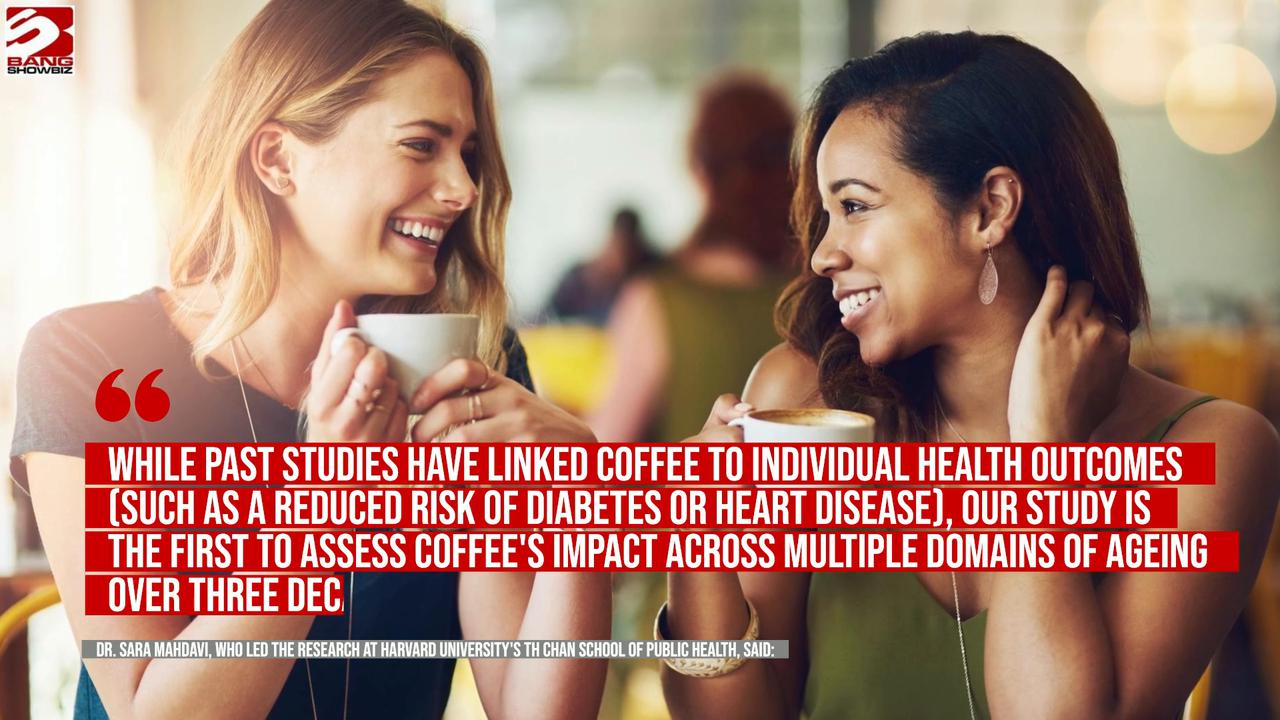Could coffee be the key to 'healthy aging' in women?
A new study highlighted potential health benefits linked to regular coffee consumption.

A study comprising nearly 50,000 women revealed that a cup (or two) of coffee every day could help women "stay sharp, strong and mentally well as they age," new research shows.
“While past studies have linked coffee to individual health outcomes, our study is the first to assess coffee’s impact across multiple domains of aging over three decades,” said Sara Mahdavi, a clinician scientist, licensed nutritionist dietitian and post-doctoral fellow at Harvard T.H. Chan School of Public Health at Harvard University.
Mahdavi presented the findings of the study, which has not yet been peer-reviewed or published, at the annual meeting of the American Society for Nutrition (ASN), held in Orlando from May 31 to June 3, according to an ASN release published by EurekAlert.
Here's what you should know about the benefits of drinking coffee.
What did the study find?
“The findings suggest that caffeinated coffee − not tea or decaf − may uniquely support aging trajectories that preserve both mental and physical function," Mahdavi, who is also an adjunct professor at University of Toronto, said in a statement.
The study included 47,513 women, and used dietary and health data that had been collected since 1984, according to the press release.
"Our study has several key strengths,” said Mahdavi. “In addition to the large sample size and 30 years of follow-up, we assessed several different aspects of longevity and healthy aging as well as very comprehensive information on nutritional and lifestyle habits that were collected every four years after the initiation of the study.”
How does drinking coffee every day benefit women?
Of the nearly 50,000 women who started the study in 1984, 3,706 were considered "healthy agers" in 2016, according to the release, which noted that the criteria of being a "healthy ager" included the following:
- Living to age 70 or older
- Being free from 11 major chronic diseases
- Maintaining physical function
- Having good mental health
- Exhibiting no cognitive impairment
- Showing no memory complaints
How much caffeine did the participants drink?
Between the ages of 45 and 60, the women deemed "healthy agers" consumed around 315 mg of caffeine each day, which is equal to roughly three small cups of coffee or one-and-a-half large cups, according to the release.
"More than 80% of that caffeine came from regular coffee consumption," the release continued.
Soda consumption associated with 'lower likelihood of healthy aging'
While caffeinated coffee was associated with health benefits, another source of caffeine was not.
Soda consumption was associated with a lower likelihood of healthy aging, "reinforcing that not all sources of caffeine confer benefits," the release states.
Tea and decaf coffee were also studied, but were not associated with the same health benefits as caffeinated coffee, according to the press release.
Julia is a trending reporter for Paste BN. Connect with her on LinkedIn, X, Instagram and TikTok: @juliamariegz, or email her at jgomez@gannett.com